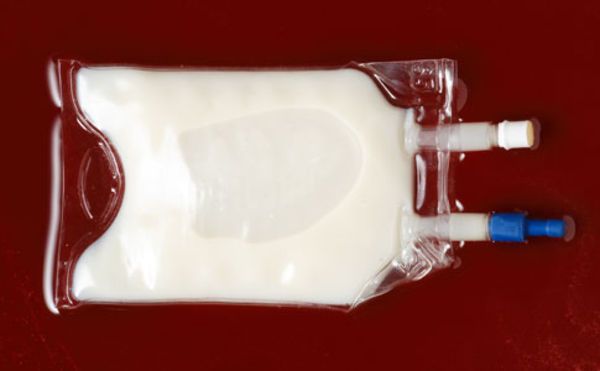Grace LeClair had just finished eating dinner with friends when she got the phone call every parent dreads. The chaplain at the Medical College of Virginia was on the other end. “Your daughter has been in a serious accident. You should come to Richmond right away.” LeClair was in Virginia Beach at the time, a two-hour drive from 20-year-old Bess-Lyn, who was now lying in a coma in a Richmond hospital bed.
The friend who was with Bess-Lyn has since filled in the details of that day in March. The two women were bicycling down a steep hill, headed toward a busy intersection, when Bess-Lyn yelled that her brakes weren’t working and she couldn’t slow down. Her friend screamed for her to turn into an alley just before the intersection. But Bess-Lyn didn’t turn sharply enough and crashed, headfirst, into a concrete wall. She wasn’t wearing a helmet. By the time the ambulance reached the hospital, Bess-Lyn was officially counted among the 1.5 million Americans who will suffer a traumatic brain injury (TBI) this year.
Bess-Lyn’s mom was halfway to Richmond when she received a second call, this time from a doctor. “He was telling me that she had a very serious injury, that she had to have surgery to save her life and that if I would give permission, they would use this experimental, not-approved-by-the-FDA drug,” Grace LeClair recalls. “He said that it would increase the oxygen supply to her brain. To me that only made sense, so I said yes.”
